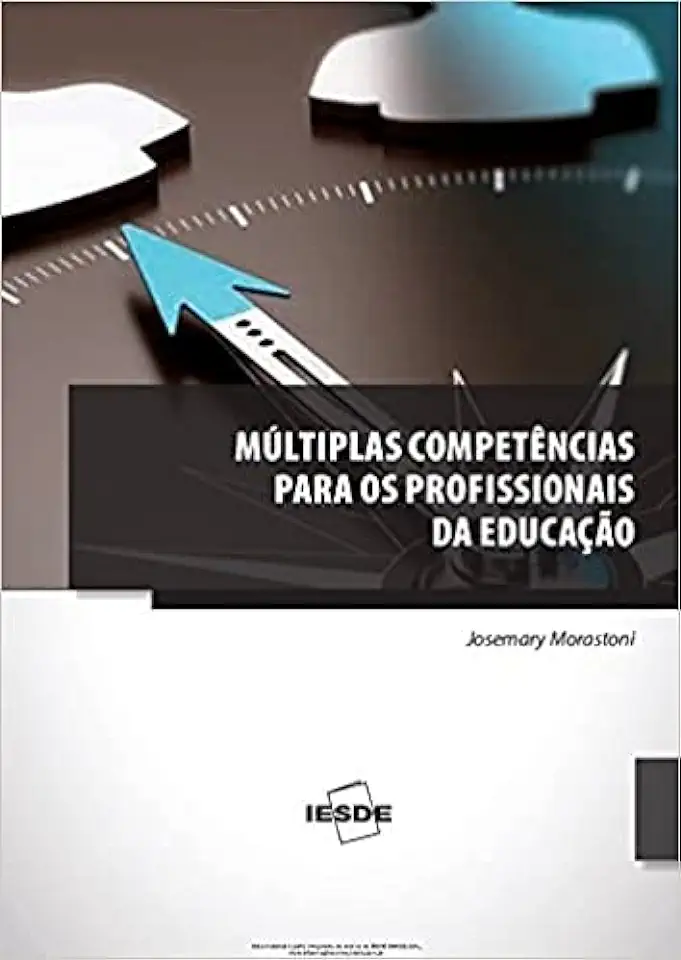
Multiple Competencies for Education Professionals - Josemary Morastoni
Multiple Competencies for Education Professionals: A Comprehensive Guide to Developing Essential Skills for Success
Introduction
In today's rapidly changing educational landscape, educators face a multitude of challenges and opportunities. To effectively navigate this complex environment, educators need to possess a diverse range of competencies that go beyond traditional teaching methods. "Multiple Competencies for Education Professionals" by Josemary Morastoni provides a comprehensive roadmap for educators to develop these essential skills and become well-rounded professionals.
Key Competencies for Educators
Morastoni identifies several key competencies that are crucial for educators to succeed in the 21st century. These competencies include:
Content Knowledge and Pedagogical Expertise: Educators must have a deep understanding of the subjects they teach and the most effective methods to impart knowledge to students.
Communication and Interpersonal Skills: Educators need excellent communication skills to effectively interact with students, parents, and colleagues. They should also possess strong interpersonal skills to build positive relationships and foster a conducive learning environment.
Critical Thinking and Problem-Solving: Educators should be able to think critically and solve problems creatively to address the diverse challenges they encounter in the classroom.
Technological Literacy: In today's digital age, educators must be proficient in using technology to enhance teaching and learning.
Cultural Competence: Educators should be aware of and sensitive to different cultural backgrounds and perspectives to create an inclusive and welcoming learning environment for all students.
Leadership and Collaboration: Educators should demonstrate leadership qualities and be able to collaborate effectively with colleagues, parents, and community members to achieve shared educational goals.
Developing and Enhancing Competencies
Morastoni provides practical strategies and tools to help educators develop and enhance these competencies. She emphasizes the importance of continuous learning and professional development to stay updated with the latest educational trends and best practices. The book offers self-assessment exercises, reflective activities, and case studies to help educators identify their strengths and areas for improvement.
Real-World Examples and Case Studies
Throughout the book, Morastoni presents real-world examples and case studies to illustrate how educators have successfully applied these competencies in their professional practice. These examples provide valuable insights and inspiration for educators seeking to improve their skills and make a positive impact on student learning.
Conclusion
"Multiple Competencies for Education Professionals" is an indispensable resource for educators who want to excel in their field. By mastering the competencies outlined in this book, educators can become more effective teachers, leaders, and mentors, and contribute to the holistic development of their students. With its comprehensive approach and practical guidance, this book is a must-read for educators committed to lifelong learning and professional growth.